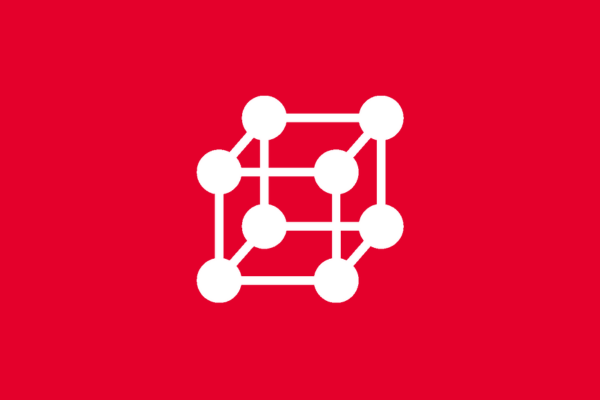- Advantages and limits of powder metallurgy
- Powder fabrication, physical, chemical and mechanical methods of production
- Powder characterization, particle size analysis, particle shape, physical and technological properties
- Fundamentals of compaction of powder materials, pressure assisted shaping (axial single and double-action pressing, isostatic pressing, rolling, extrusion, forging, metal injection molding), presureless shaping
- Principal aspects of sintering, types of sintering processes, single component sintering, stages of sintering, mechanism of material transport, multicomponent sintering, liquid phase sintering, pore structures in sintering, sintering atmosphere and equipments
- Products of powder metallurgy and their application (products based on iron, steel and non-ferrous metals, cemented carbides, friction materials, bearings materials, metal filters, contact materials, magnetic materials, hard and superhard materials)
- Powder fabrication, physical, chemical and mechanical methods of production
- Powder characterization, particle size analysis, particle shape, physical and technological properties
- Fundamentals of compaction of powder materials, pressure assisted shaping (axial single and double-action pressing, isostatic pressing, rolling, extrusion, forging, metal injection molding), presureless shaping
- Principal aspects of sintering, types of sintering processes, single component sintering, stages of sintering, mechanism of material transport, multicomponent sintering, liquid phase sintering, pore structures in sintering, sintering atmosphere and equipments
- Products of powder metallurgy and their application (products based on iron, steel and non-ferrous metals, cemented carbides, friction materials, bearings materials, metal filters, contact materials, magnetic materials, hard and superhard materials)
